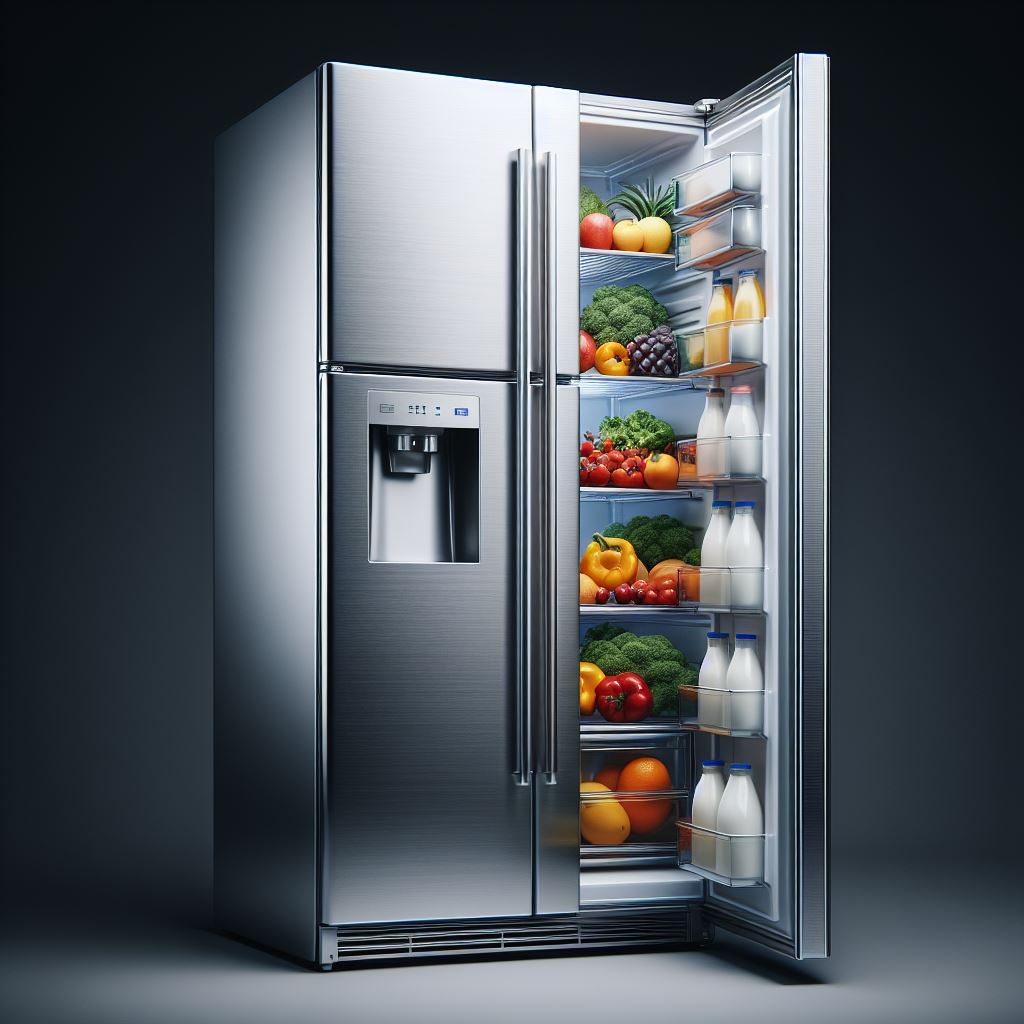Have you ever wondered how much power your refrigerator actually consumes? Refrigerators are one of the most essential appliances in our daily lives, but many of us may not be aware of how much energy they require to keep our food fresh and cool. In simple terms, the wattage of a refrigerator is the amount of power it needs to function efficiently. Let’s dive into the world of refrigerator wattage and discover how much energy our trusty fridge really uses.
When you’re in the market for a new refrigerator, one important factor to keep in mind is the amount of wattage it consumes. The wattage of a refrigerator can give you insight into how much energy it will use and how that will impact your monthly expenses.
Typically, a refrigerator will use anywhere from 100 to 800 watts of electricity, depending on its size and features. Smaller compact refrigerators usually consume around 100-200 watts, while medium-sized ones may use 200-400 watts. Larger side-by-side or French door refrigerators can go up to 600-800 watts.
It’s worth noting that the wattage of a refrigerator is not constant. The compressor, which is responsible for cooling the refrigerator, will cycle on and off throughout the day. During the cooling cycle, the refrigerator will consume more power, but once it reaches the desired temperature, the energy consumption will decrease.
To estimate how much energy your refrigerator will use over time, you can multiply the wattage by the number of hours it runs each day. For example, if your refrigerator consumes 300 watts and runs for 8 hours a day, it will use 2.4 kilowatt-hours (kWh) of electricity per day.
In terms of cost, the average cost of electricity in the United States is around 12 cents per kWh. Using the example above, a refrigerator that uses 2.4 kWh per day would cost approximately 29 cents a day to run, or about $10.50 per month.
To ensure that your refrigerator is running efficiently and not wasting energy, there are a few things you can do. Make sure the temperature settings are appropriate for the contents of your refrigerator, keep the coils clean and free of dust, and check the door seals to ensure they are airtight.
Understanding the wattage of your refrigerator and taking steps to increase its efficiency can help you save money on your energy bills while keeping your food fresh and cool. So, next time you’re in the market for a new refrigerator, don’t forget to consider its wattage to make an informed decision.
1. How much wattage does a typical refrigerator use?
A typical refrigerator uses around 100-200 watts of electricity while running, but this can vary depending on the size and efficiency of the appliance.
2. Is it important to consider the wattage of a refrigerator when shopping for a new one?
Yes, it is important to consider the wattage of a refrigerator when shopping for a new one, as a more energy-efficient model will help you save money on your electricity bills in the long run.
3. How can I reduce the wattage usage of my refrigerator?
You can reduce the wattage usage of your refrigerator by keeping the temperature settings at the recommended levels, ensuring the door seals are tight and free of leaks, and regularly cleaning the coils to improve efficiency.
